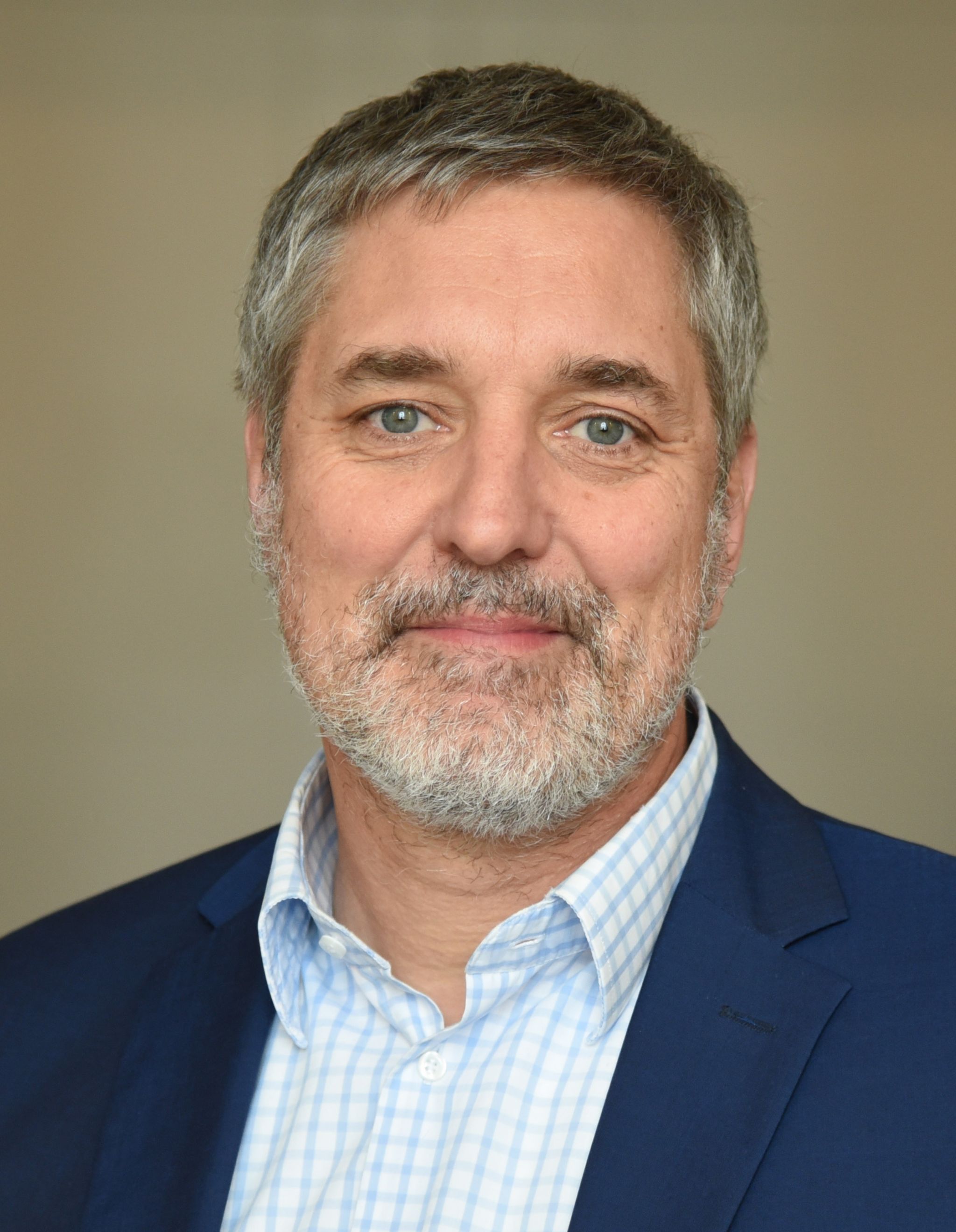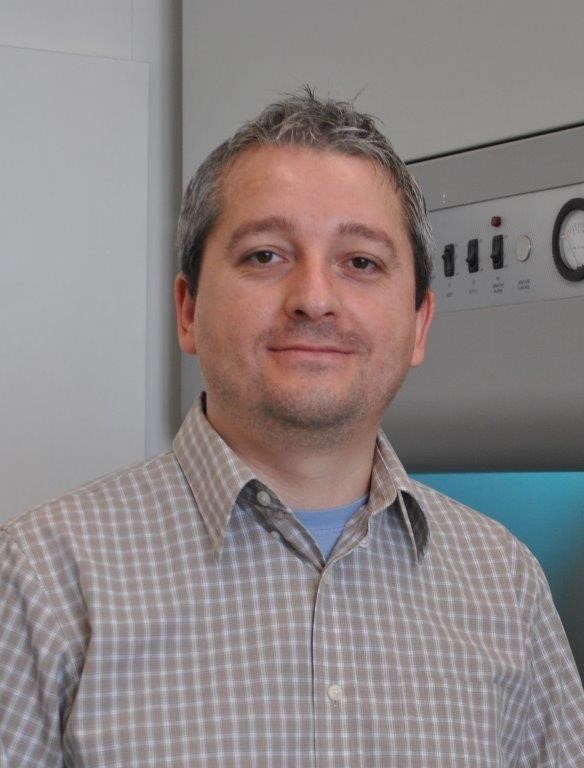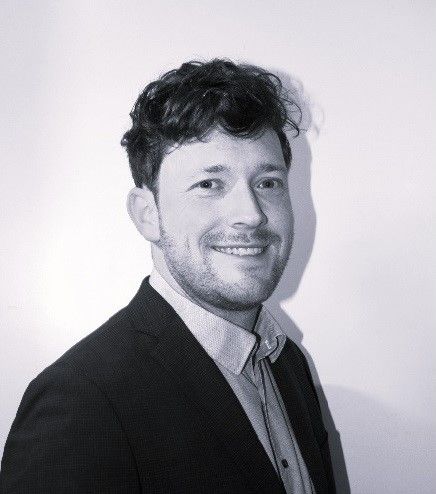DKTK – German Cancer Consortium
Promising new cancer research findings need to reach clinical development and practice as quickly as possible. The German Cancer Consortium (DKTK), one of the German Health Research Centers (DZG), was founded in 2012 to support this aim. More than 20 academic research institutes and university hospitals in translation centers at 8 partner sites cooperate with the German Cancer Research Center (DKFZ), the consortium’s core center.
There are currently around 1.4 million people with cancer in Germany, and the numbers are increasing. The ageing population plays a key role in this: for many types of cancer, the risk increases with age. The problem is aggravated by complex connections between genetic predisposition, lifestyle and environmental factors. Effective early detection, diagnosis, treatment and prevention of cancer is therefore one of the biggest challenges facing health research.
The DKTK is a long-term, joint initiative involving the German Federal Ministry of Research, Technology and Space, in short BMFTR (formerly German Federal Ministry of Education and Research, BMBF), participating German states and the DKFZ. The main aim of the DKTK is to discover, develop, test and apply new personalized oncology strategies. To this end, the DKTK supports interdisciplinary research topics at the interface between basic research and clinical practice, as well as clinical studies of innovative therapeutic and diagnostic procedures.
Promoting expertise in clinically oriented cancer research
One of the DKTK’s activities involves creating new long-term research infrastructure at the consortium’s locations, where high-caliber researchers can take their next career step by leading an independent young investigator group or by taking up one of the new jointly appointed grade-W2/3 professorships. New W3 and W2 professorships have been established within the DKTK. In addition, new young investigator and junior groups have been set up.
Promoting multicenter projects and clinical trials
There are more than 1,000 medical and scientific researchers within the DKTK, who combine innovative fundamental and clinical research. The DKTK’s Joint Funding Program supports multicenter research projects within the DKTK. Over 50 Joint Funding projects have been launched within the DKTK since 2012.
Platforms and priority programs pool resources
In many cases, the DKTK’s innovative research work relies on investment in new research infrastructure and platforms. These include equipment for the production of clinical-grade antibodies and peptides, high-throughput technology for genome and protein analysis and large bioinformatics data centers. The Clinical Communication Platform (CCP) was established to act as a data bridge between basic research and clinical practice within the DKTK. It is designed to be an information hub for cancer research and enables DKTK researchers to access biological samples and patient data from any DKTK location while complying with strict data protection standards. Training basic researchers and physicians in clinically oriented cancer research is another important task of the DKTK. Its School of Oncology is the first German institution offering researchers the opportunity to specialize in translational oncology.
Since 2016 five research programs were defined in which DKTK researchers work in multicenter, multidisciplinary teams to tackle the major challenges of medical oncology today (including early detection, immunotherapy, resistance mechanisms, molecular profiles and data management).
The network resulting from this combination of structural and project funding is unique in Europe, with some of Germany’s top cancer research and cancer treatment centers working to bring about lasting improvements to diagnosis and treatment options for patients.
Cooperations with regulatory authorities
Before active substances and new methods can be tested on patients, they have to go through rigorous, comprehensive testing that can take years. These preclinical trials investigate the effectiveness and safety of the active substance in the laboratory under strictly controlled conditions. The Paul-Ehrlich-Institut (PEI), the German Federal Institute for Vaccines and Biomedicines, supports DKTK researchers and clinicians with regulatory expertise in the translation of research discoveries into clinical studies with patients
Expert regulatory guidance of DKTK scientists is provided by informal Kick-Off meetings at an early stage of development of candidate products, national scientific advice meetings, workshops and roundtable discussions at PEI on general or product-specific regulatory topics.
Information brochures for scientists:
Coordinators at PEI:



Impressions PEI-DKTK Information Day 2019
Press release about the PEI-DKTK Information Day 2019 (In German.). The PEI-DKTK Information Day 2019 covered the planing of clinical studies .
Photos: © Jutta Jung/ DKFZ